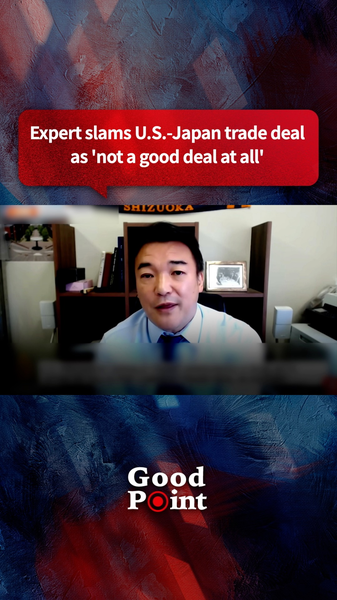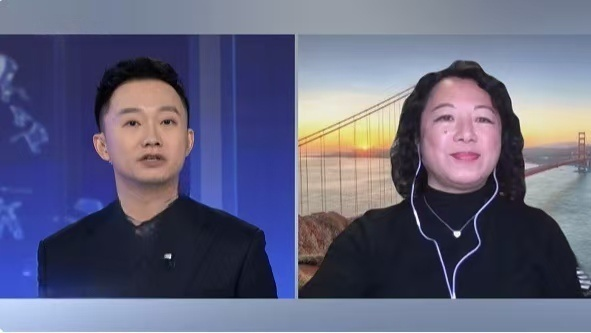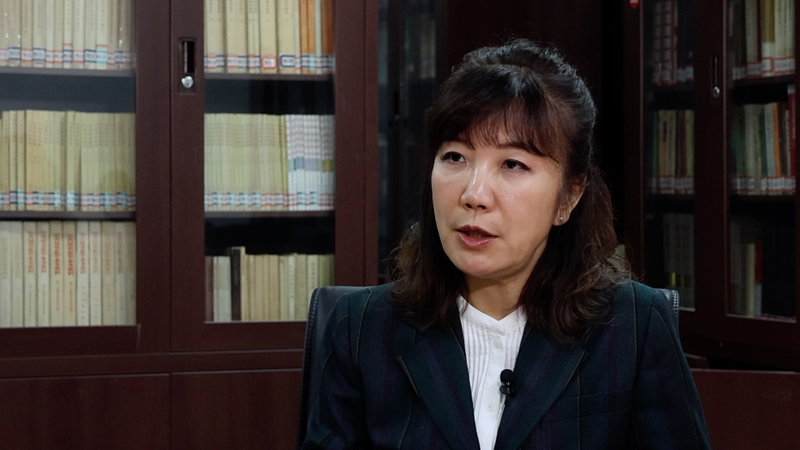In a candid assessment that's reverberating through Tokyo and Washington, Seijiro Takeshita, a professor at the University of Shizuoka's Graduate School of Management, tore into the newly announced U.S.-Japan trade deal.
Expert View: Deal Falls Short
Takeshita bluntly labeled the agreement 'not a good deal at all', arguing it lacks the context and reasoning needed to tackle complex trade imbalances. He warns that flashy headlines and political spin risk eclipsing real economic drivers.
Tariffs vs. Tastes
Contrary to common claims that tariffs are the main culprit behind the U.S. trade gap, Takeshita points out that U.S. cars already enter Japan tariff-free. 'Japanese consumers simply find American cars unappealing', he says, highlighting that consumer preferences often play a bigger role than import duties.
Why This Matters Globally
- Zero tariffs on U.S. cars in Japan haven't translated into market share.
- Trade deals need to address demand-side factors, not just tariff rates.
- Lessons here could shape future agreements across G20 nations.
For young global citizens, entrepreneurs, and thought leaders, the debate invites a deeper look at how consumer tastes, policy choices, and economic narratives intersect. As the world watches this high-stakes negotiation, one question stands out: Can trade pacts adapt to real market demands?
Reference(s):
U.S.-Japan trade deal 'not a good deal at all,' says Japanese expert
cgtn.com




